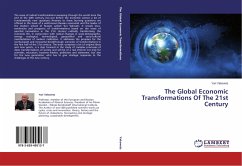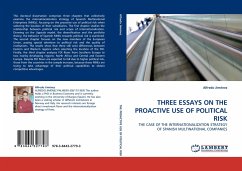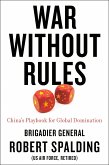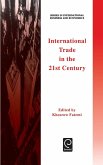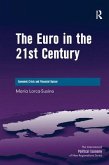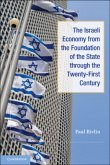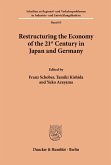The world economy is characterised by instability, with W-shaped fluctuations marking the path to a global meta-conflict. A new configuration of Kondratiev parameters can redirect this logic: the qualitative monetary parameter (few people had money) becoming quantitative, the other three parameters proceeding in the opposite direction (wars becoming social movements, demographics education, technical innovation meta social and environmental innovation). We need to cross the long cycles of the economy and those of thought, and try to anticipate the theatre of macroeconomic thought. The second generation of macroeconomics was Lucas's theory of rational expectations. I'm trying to imagine its third generation. In order to generate a monetary meeting, we have to go back to the roots of social relations from prehistoric times. There are elements in the development of mathematics right up to my theory of homo monetarius. The latter is on the move to pass on the baton effectively in order to help agents, sectors and nations mobilise... The petition in principle for a monetary meeting leads to the need for a global fiscal revolution.
Bitte wählen Sie Ihr Anliegen aus.
Rechnungen
Retourenschein anfordern
Bestellstatus
Storno


